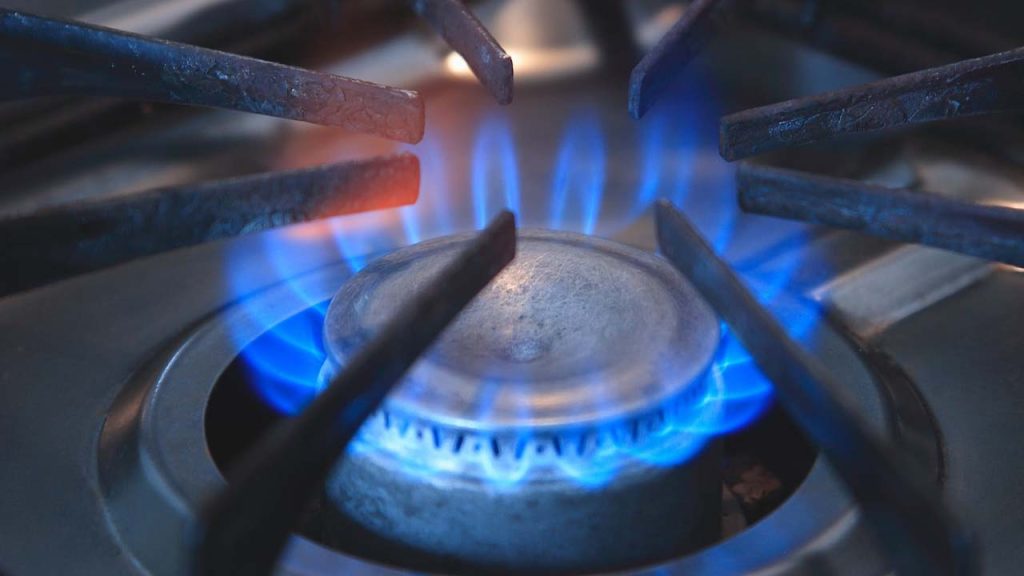The Economic Coordination Committee (ECC) of the Cabinet, as part of an International Monetary Fund (IMF) condition, has approved a significant increase in gas prices, totaling 35.13 per cent.
Chaired by Federal Minister for Finance, Revenue, and Economic Affairs, Dr. Shamshad Akhtar, the ECC convened to discuss a summary presented by the Petroleum Division titled “Natural Gas Sale Pricing FY 2023–24 (Effective February 1, 2024).” This approval comes just ahead of the IMF deadline.
The Finance division disclosed that the ECC has authorized an average tariff hike of 35.13 per cent for gas consumers in Punjab, KP, and Islamabad. Meanwhile, gas consumers in Sindh and Balochistan will experience an average increase of 8.57 per cent in the tariff.
The ECC has also approved a new tariff of Rs1673.82 per MMBTU for Sui Northern, representing a Rs435.14 per MMBTU increase, and Rs1466.40 per MMBTU for Sui Southern, reflecting a Rs115.72 per MMBTU increase, as per the Petroleum division’s recommendation.
The Ministry of Petroleum has proposed tariff increases for protected domestic consumers ranging from Rs80 to 100/MMBTU, and for unprotected consumers, a gradual increase ranging from Rs200 to 300/MMBtu.
Additionally, there are proposed hikes in gas rates for bulk domestic and special commercial (Roti Tandoor) consumers. Bulk consumption tariffs are set to increase from Rs2,000/MMBtu to Rs2,900/MMBtu, while the Special Commercial (Roti Tandoor) category will have a flat tariff of Rs700/MMBtu, unchanged since 2015.
The petroleum division also suggests an increase in feed and fuel gas prices for the Engro Fertiliser and Fauji Fertiliser Bin Qasim plants to Rs760/MMBtu and Rs1,750/MMBtu, respectively, effective March 1, 2024.
Notably, ECC has approved the abolition of existing categories of export and non-export, maintaining the tariff for the process use of gas at Rs2,200/MMBtu post the removal of the distinction.
Additionally, there are proposed tariff revisions for the CNG sector from Rs3600/MMBtu to Rs3,750/MMBtu, aligning with the RLNG price, the primary fuel for most CNG producers in the country.
Following discussions, the ECC emphasized that the revision of the sale price and tariff should meet the revenue requirements of the Sui companies.


